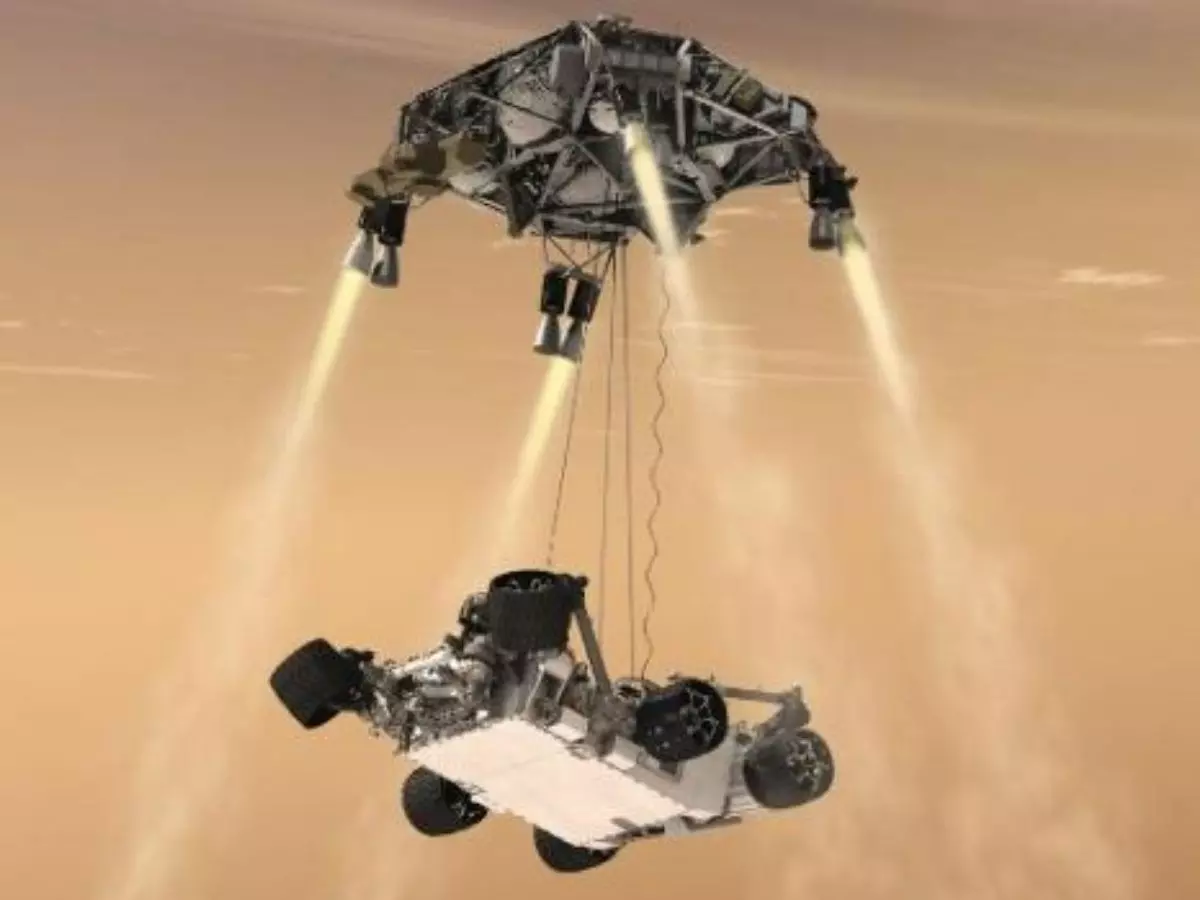How To Watch NASA Perseverance Rover Landing On Mars: Live Stream, Indian Time
The spacecraft is expected to make contact with the Martain surface on February 18th at 3:55 PM EST (or 19th February at 2:25 AM Indian time). The stream by NASA is set to commence by 12:45 AM on February 19.

This month has been special for humanity's mission to Mars, as three space agencies have sent across their spacecraft for the planet and they all plan on reaching in the month of February.
 NASA
NASA
We¡¯ve already seen the Hope Orbiter by UAE¡¯s Space Agency and Tianwen-1 from the Chinese space agency arrive in the Martian orbit last week, and now NASA prepares to land its Perseverance rover and Ingenuity mini-helicopter straight on the Martian surface on February 18 (early February 19 at 2:25 AM Indian Standard Time).
This will be a really challenging landing for NASA as it will experience the ¡®Seven Minutes of Terror¡¯ before making contact with the Martian surface -- the time it will make entry into the Martian atmosphere.
And in case you wanted to watch the stream, you¡¯re in luck as NASA will be streaming the intense experience live.
NASA Perseverance Rover Landing Livestream
The spacecraft is expected to make contact with the Martain surface on February 18th at 3:55 PM EST (or 19th February at 2:25 AM Indian time). The livestream of the Mars Perseverance Rover landing by NASA is set to commence by 12:45 AM Indian Standard Time on February 19, approximately two hours before touchdown.
You can watch the live stream of NASA Perseverance landing below as soon as it commences on February 19th.
Seven minutes of terror for Perseverance Landing
The Mars 2020 spacecraft, consists of a car-sized Perseverance rover and a mini-helicopter called 'Ingenuity'. They¡¯re going to follow the same descent and landing process as was used to land the Curiosity Mars rover.
The spacecraft is covered with a high-density heat shield to prevent it from burning up while entering the Martian atmosphere. Ten minutes before entering the atmosphere, the cruise stage will eject from the spacecraft and burn up completely.
The remaining payload will experience temperatures of up to 2,100 degrees Celsius. The heat shield will make sure that the temperature inside is around 10 Celsius.
The same atmospheric friction that will cause the extreme heat will also slow down the package from 5.9 kilometres per second to 0.45 kilometres per second.
 NASA
NASA
After reaching an altitude of 11 kilometres a parachute will pop up, that will slow the payload down to 9 percent of its original speed. From a distance of 8 km, the heat shield will be dropped altogether.
Are you excited about NASA's latest Mission to Mars and the Perseverance rover landing on the red planet? Let us know in the comments section below...
